So, Why Does It Differ?
Let’s get real for a moment. Have you ever ignored a weird twinge in your knee, only to have it blow up on a day you truly needed to be on your feet? Huntington’s disease kind of works like that—a tiny, almost forgettable moment becomes a snowball. It grows, slowly at first, and then… well, you notice. And if you’re like most of us, the first thing you type into your phone (after “why am I twitching?”) is probably: “huntington’s disease life expectancy.” How long do people actually live with this? The answer: it’s complicated, but I promise it’s not just doom and gloom.
For most folks, Huntington’s disease pops up between 30 and 50 years old. After the first signs—maybe a clumsy stumble or a mood that shifts like the weather—life expectancy averages about 15 to 20 years. But (here’s the kicker), every journey is personal. Some people might live as little as 10 years after diagnosis; others make it to 25 or more, especially with supportive care and early intervention.According to Healthline, the median is around 15–18 years post symptoms. But if you dive into stories shared in Huntington’s communities, you’ll find exceptions everywhere.Wikipedia backs this up too—prognosis is clearer in the averages than the outliers.
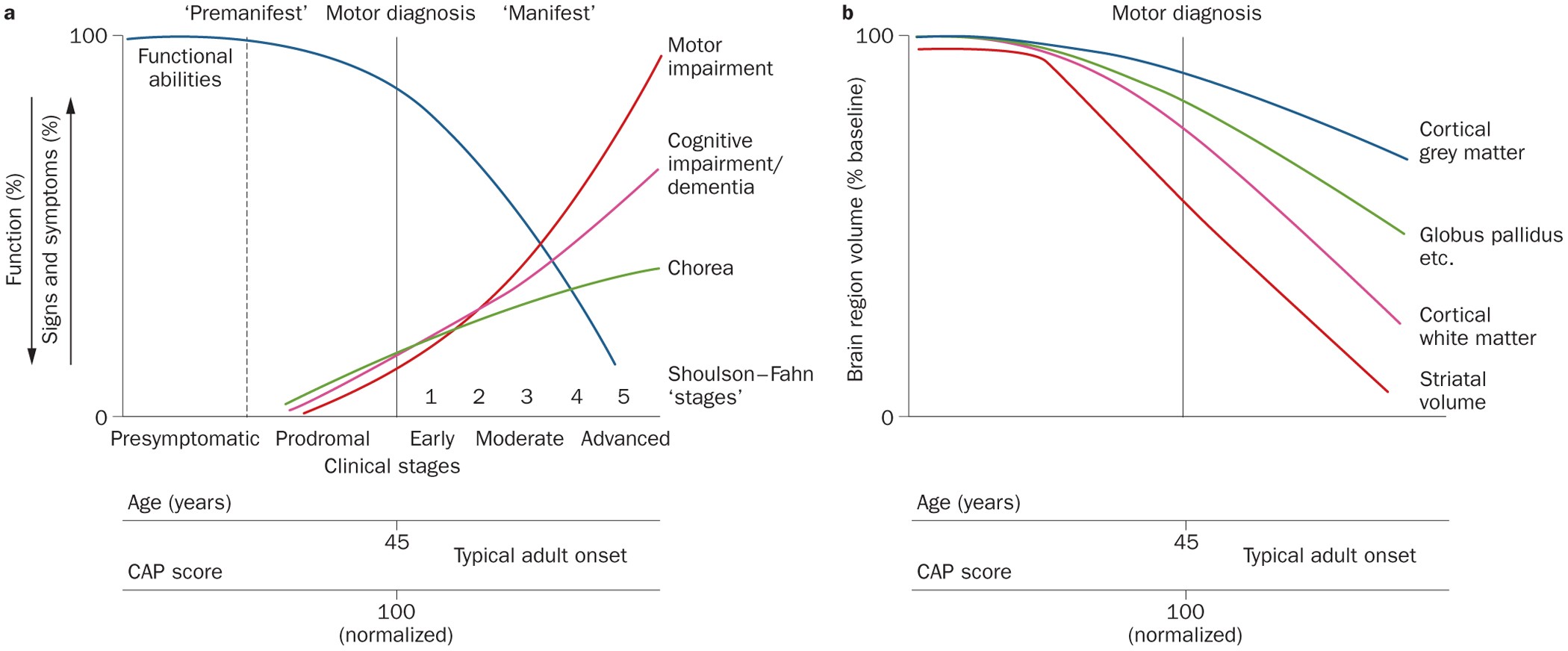
Not One-Size-Fits-All
I’ll be honest, sometimes I wish health came with a roadmap. Like, “in year 3, expect this; by year 10, that.” But Huntington’s? It loves to do its own thing. Sometimes symptoms creep up in your late 30s. Sometimes, they wait until your 50s (or beyond). And then there’s the rare, heartbreaking form called juvenile Huntington’s disease—showing up before the age of 20, often moving faster and hitting harder.The Huntington Society of Canada estimates that life expectancy for kids diagnosed young is about 10–15 years post-onset—much shorter than for adults.
When Does It Start? And Why Does That Matter?
Timing is… everything. If symptoms start younger, the disease can progress more quickly.Genetics play a huge role—and yes, you can thank (or not) a specific DNA repeat for that. The longer the repeat, the earlier and more aggressively symptoms may show.
| Onset Age | Expected Life After Symptoms | Key Early Symptoms | Notes |
|---|---|---|---|
| 30–50 (Adult Onset) | 15–20 years | Chorea, mood swings, clumsiness | Most common form |
| Below 20 (Juvenile) | 10–15 years | Stiffness, learning problems, seizures | Faster progression |
But… It’s Not Just the Calendar
Think about it this way: two people, same diagnosis, wildly different lives. Why? Here’s a little story. A family friend—let’s call her Lucy—started having slight jerks in her fingers at 34. She shrugged it off for months (honestly, don’t we all?). Her sister, a bit of a health nerd, pushed her to check it out. Early detection gave Lucy a head start: she got into support groups, started physical therapy, and adjusted her work routine before things shifted. That “head start” mattered—not for a cure (there isn’t one yet), but for small victories. Independence, better mood, sometimes just a smoother morning routine.
The Real Stages: More Than a List
So what are the actual stages of Huntington’s, anyway? Imagine a series of waves—the first is just a ripple, barely more than a shadow. Then they grow.
Stage One: That First Quirk
The earliest symptoms are sneaky. Maybe you drop keys more often. Or search for the right word and come up empty. Sounds relatable, I know. But if there’s a family history? Warning bells go off a little louder.
Early-Detection Wins
Let’s toss in another real-life moment: A reader once wrote to me about her spouse, who started getting “weirdly clumsy” on their morning jogs. They brushed it aside—”just tired, right?” After a tumble left him with a bruised ego and scraped knees, they finally asked their doctor. Early diagnosis meant better meds, more tailored routines, and honestly, a lot more sunny park runs together before things shifted again.
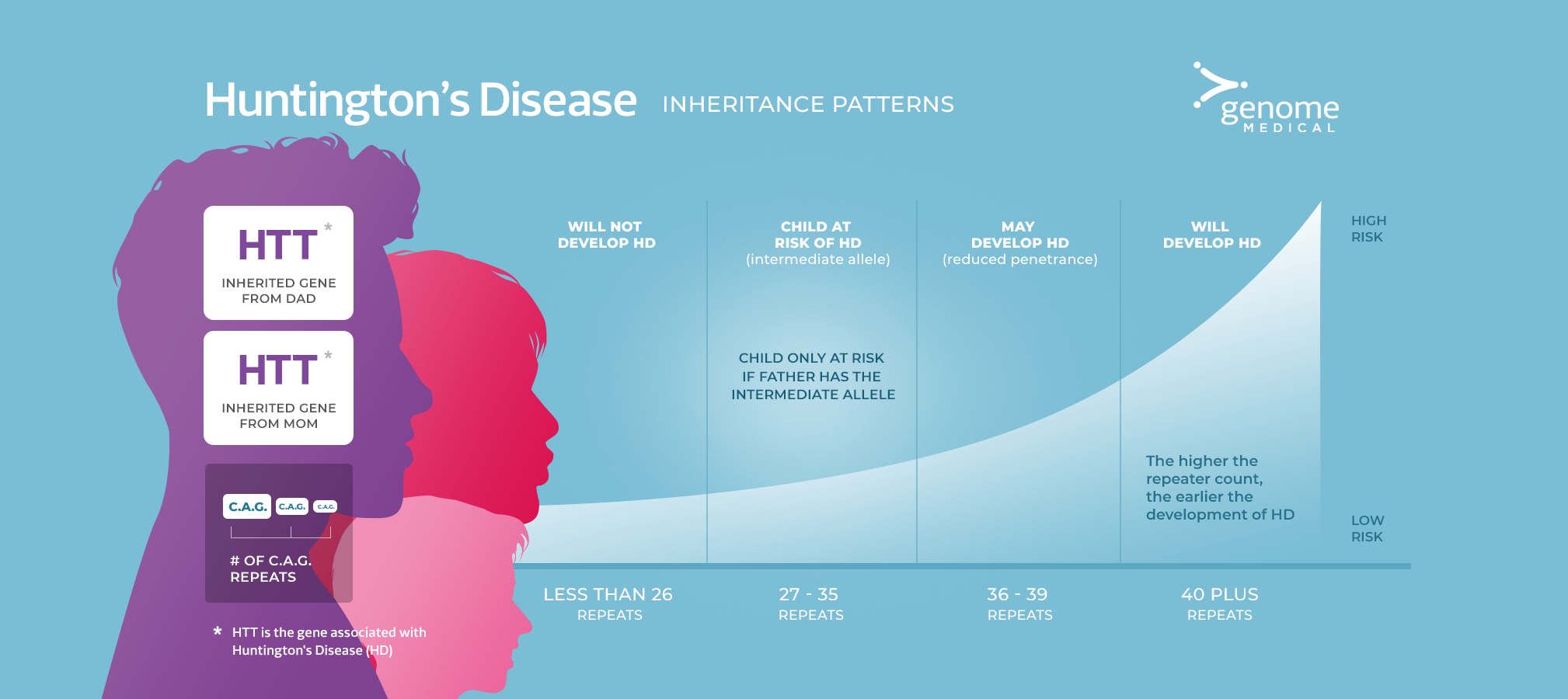
Stage Two: The Fog Rolls In
Here, things get more obvious. Chorea (that’s the dance-like, jerky movement) isn’t easy to hide anymore. Big meetings? Family dinners? They start to feel overwhelming. Focus is tougher, moods swing. The mental side of Huntington’s disease isn’t just memory—it’s planning, holding on to routines, sometimes holding on to hope.
Staying Ahead (Or At Least, With)
| Challenge | Daily Help |
|---|---|
| Movement changes | Regular physical therapy, walking aids, adapting your home layout |
| Mood/behavior | Journaling, therapy, open conversations (sometimes humor helps!) |
| Daily tasks | Flexible schedules, smart home gadgets, family teamwork |
Pro tip: Celebrate the tiny wins. My own cousin (shout-out to Tom!) found massive relief in having tools to grab stuff so he could keep doing things himself. Far from heroic, but hugely empowering.
Stage Three: The Toughest Part
This is… hard. Later stages mean almost full support—think, help eating, dressing, walking. Swallowing can be dangerous. Risk of pneumonia, choking, even heart trouble jumps up. Studies show pneumonia is actually the biggest threat, not the disease itself. That’s not something people expect.
If you’re wondering, Is Huntington’s disease fatal, the answer is yes—but it’s rarely quick or simple. It’s a long goodbye. Sometimes, families choose hospice to focus on peace, comfort, and dignity. It’s okay to talk about the hard stuff, too.
Changing the Trajectory—Sort Of
Here’s what most people want to know (me included): Can you live longer? Can you make it… easier? If you read about Famous people with Huntington’s Disease, you’ll see stories not just of struggle but of people fighting for more quality years, not just more days.
Small choices add up. Remember Lucy? She started low-impact exercise and noticed her moods steadied. Research at The Florey Institute suggests mental and physical activity may slow down some of the worst dips (no magic bullet—just a nudge in a better direction). Even something simple like a high-fiber diet or scheduled walks with someone you love can help keep spirits and bodies lifted.
Genes, Family… and That 50-50 Coin Flip
This part makes me shudder: If your parent has the Huntington’s gene, there’s about a 50% chance you’ll inherit it. Let’s just pause and let that sink in.
Genetic testing can provide answers—even before symptoms start—but it opens so many doors… and tough decisions. Plenty of people choose not to know. No judgment here. If you want to see how others managed this emotional labyrinth, read about Famous people with Huntington’s Disease. Sometimes knowing early means joining a trial, changing life plans, or finding a weird sense of calm.
Family planning gets tricky too. Some use pre-implantation genetic testing to prevent passing HD on, but that’s a personal, sometimes private path.

Is There Any Hope?
Okay, so all this sounds heavy, but if you’re anything like me, you’re looking for slivers of optimism. Strides in research are happening—I read about new drugs that might slow symptoms (even in mice… but hey, hope is hope!). The microbiome, that whole “gut health” thing, might actually matter here. And every year, new clinical trials open up, which is more than we could say a decade ago.
Want perspective? Back in the 90s, people with Huntington’s rarely lived past their mid-50s. Today, improved care, better equipment, and community support means many are pushing into their 60s and beyond. It’s not a cure, no—but it’s progress.
| Decade | Avg. Survival After Symptoms | What Helped? |
|---|---|---|
| 1980s–2000s | 10–15 years | Limited therapies, small support groups |
| 2010s–Now | 15–25 years | Earlier detection, better meds and equipment, knowledge sharing |
Making Peace with Uncertainty
You know what’s wild? Despite all our advances, no one can hand you a number and say, “You get 16.5 years.” Even the best doctors can only estimate. It can be frustrating, but… maybe there’s a strange kind of freedom in that, too. It lets you set your own goals, focus on your own well-being, and ignore the stats (at least, now and then).
You don’t need to be a celebrity battling Huntington’s to make a difference—though reading about Famous people with Huntington’s Disease can be strangely uplifting. Sometimes it’s enough just to take a proactive, messy, try-everything approach to staying active and positive.
Your Next Best Step
So, what now? If you’re staring down a suspected diagnosis, or watching someone you love fade behind symptoms, you’re not stuck with just waiting. Get early genetic testing if you’re ready. Start physical therapy before you “need” it. Find an occupational therapist you can actually laugh with. Connect with support groups; you’ll build an army of resources and empathy.
And if you’re ever searching late at night—”Is Huntington’s disease fatal?”—just remember: the answer doesn’t have to be all darkness. Yes, Huntington’s is progressive, and (eventually) terminal, but there’s a lot of life, love, and joy to squeeze out along the ride. Honestly, many families share more vulnerable, meaningful moments because of it, not in spite of it.
And you’re not alone, not ever. Others have been here—some have even made their mark on the world (seriously, have a look at Famous people with Huntington’s Disease). If they can step out, so can you.
In the End (But Not “The” End)
Let’s be real. Huntington’s disease life expectancy isn’t just about counting years… it’s about making the ones you have count. The science says: 15 to 20 years after symptoms start. But your story—Lucy’s, Tom’s, maybe yours someday—is so much more than numbers. It’s relationships, routines, breakthroughs, gripes, belly laughs, and yes, plenty of mess.
Turn the pain into purpose, and the questions into action. Ask your doctor about early detection and treatments. Start those “awkward” family conversations today. And if all you do today is hug someone a little tighter, or join a support forum, you’ve already made progress.
So—what do you want your years to look like? Take that first step. Paint your timeline your way. The stats might set a frame, but you’re the artist!

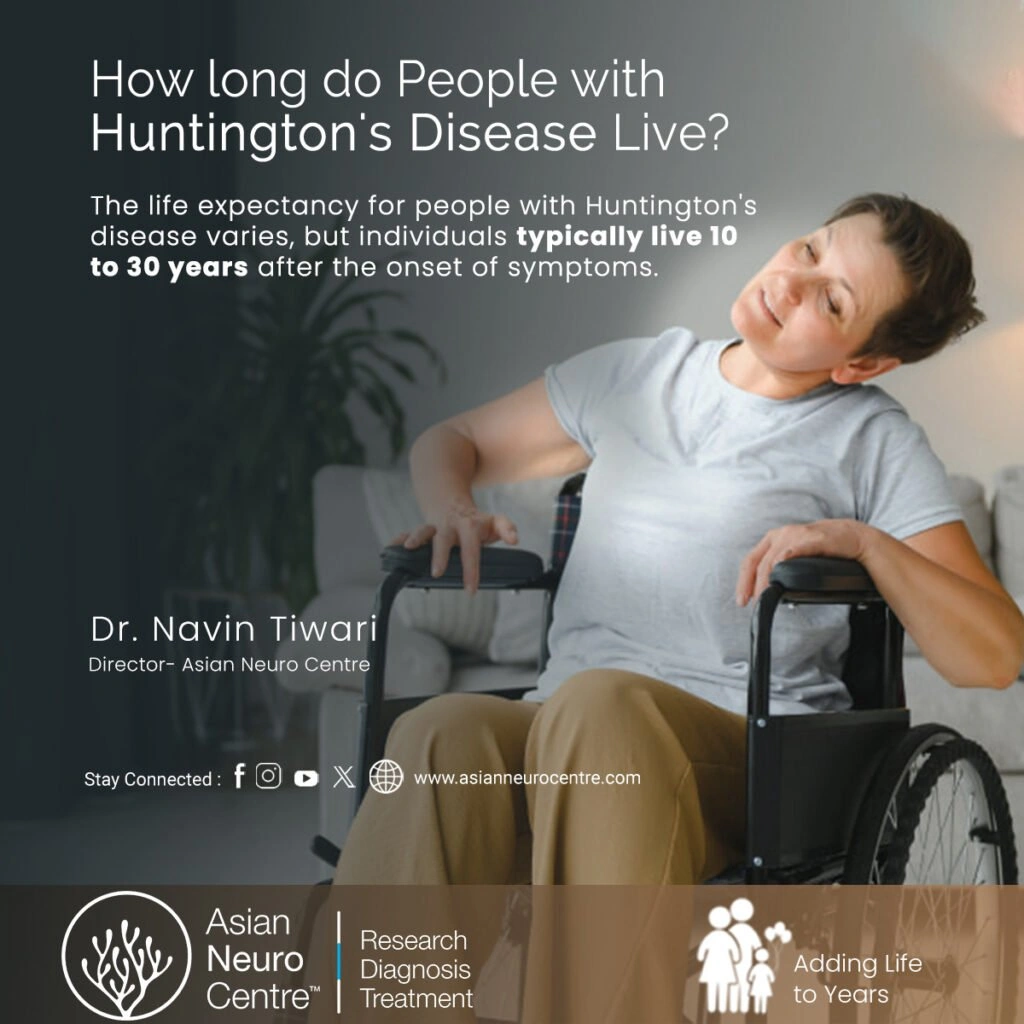
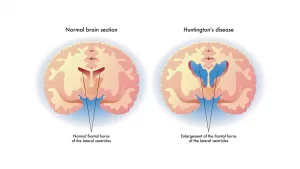


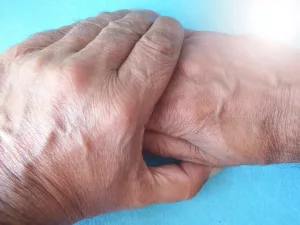
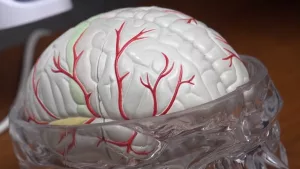
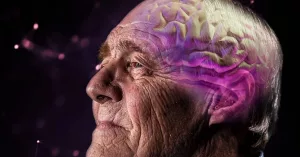








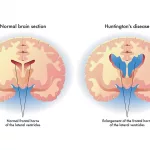








Leave a Reply
You must be logged in to post a comment.